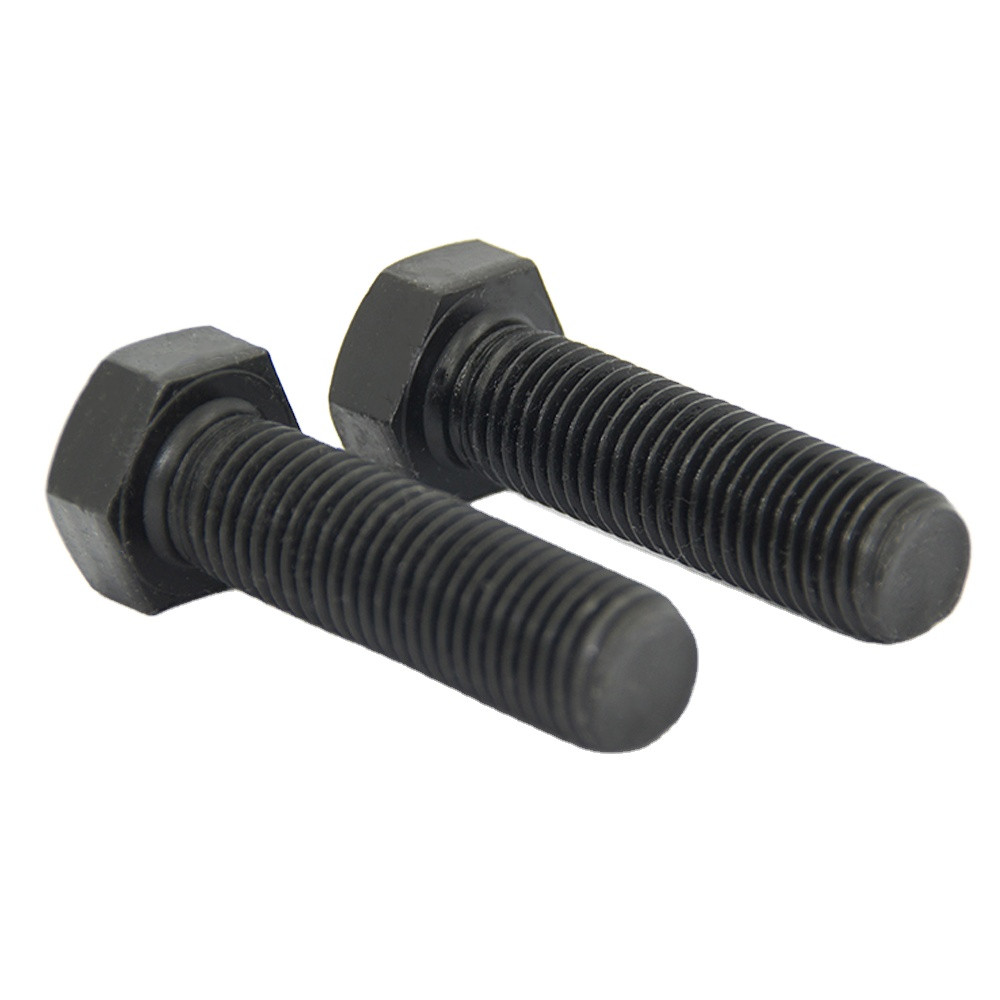Understanding the Importance of OEM Specifications in Anchor Bolts for Structural Integrity and Safety
Aug . 12, 2024 16:22 Back to list
Understanding the Importance of OEM Specifications in Anchor Bolts for Structural Integrity and Safety
Understanding OEM 201% 202 Anchor Bolts A Comprehensive Overview
Anchor bolts are critical components in construction and engineering, serving to secure structures to their foundations and ensuring stability under various loads and environmental conditions. Among the many types of anchor bolts available, OEM 201% 202 anchor bolts have gained significant attention for their unique properties and applications.
What are Anchor Bolts?
Anchor bolts are heavy-duty fasteners that attach structural elements such as beams, columns, and walls to concrete foundations. They are used in various applications, from residential buildings to extensive industrial projects. The primary function of these bolts is to help stabilize structures during lateral loads like wind and seismic activity.
The Significance of OEM in Anchor Bolts
OEM, or Original Equipment Manufacturer, refers to companies that produce parts or equipment that may be marketed by another manufacturer. OEM parts are typically designed to the specifications of the original device, ensuring compatibility and reliability. When we talk about OEM 201% 202 anchor bolts, we are referring to anchor bolts manufactured to meet specific standards and guidelines, ensuring they perform effectively in their intended applications.
Material Composition
The performance of anchor bolts largely depends on the materials used in their construction. OEM 201% 202 anchor bolts are often made from high-strength steel, which provides excellent resistance to shear and tensile forces. The specific alloying elements included in the steel can vary, enhancing the bolt's durability and corrosion resistance. This is particularly important in environments with moisture or chemical exposure, where corrosion can severely affect the structural integrity of a building.
oem 1 2 anchor bolts

Specifications and Standards
The designation 201% 202 typically relates to specific grades or qualities that indicate the bolt's mechanical properties. These specifications may include information about yield strength, tensile strength, and elongation characteristics. For engineers and builders, knowing the precise ratings and dimensions of anchor bolts is crucial for safe and effective design. Anchor bolts must be selected based on the load they will carry, the type of structure they will support, and environmental considerations.
Installation Considerations
Proper installation of OEM 201% 202 anchor bolts is vital for maximum performance and safety. It is essential to follow manufacturer guidelines and industry standards during installation. This includes determining the correct embedment depth, ensuring the bolts are level and plumb, and applying the appropriate torque. Additionally, it is important to inspect the bolts post-installation to identify any potential issues such as loosening or corrosion.
Applications Across Industries
OEM 201% 202 anchor bolts are versatile and used across various industries. In construction, they are used in anchoring steel and concrete structures. In the manufacturing sector, they secure machinery and equipment to prevent movement or dislocation during operation. Additionally, they play a crucial role in infrastructure projects like bridges and highways, where stability and safety are paramount.
Conclusion
In conclusion, OEM 201% 202 anchor bolts are essential components in modern construction and engineering, offering strength, reliability, and durability. Understanding their specifications, materials, and proper installation techniques is critical for ensuring the safety and longevity of structures. As industries continue to evolve, the demand for high-quality anchor bolts will likely increase, highlighting the importance of OEM standards in meeting the needs of builders and engineers worldwide. Whether for residential, commercial, or industrial applications, the right anchor bolt can make all the difference in ensuring a secure and stable foundation.
Latest news
-
High-Quality Panel Stud Bolt Reliable Panel Stud Bolt Factory & Suppliers
NewsJul.08,2025
-
High-Precision Fine Thread Locknuts Manufacturer & Supplier Custom Solutions
NewsJul.08,2025
-
PH Imperial Stud Bolt – High Strength Fasteners from Leading Supplier & Factory
NewsJul.07,2025
-
High-Quality Allen Wrench Bolts Leading Factory, Company & Suppliers
NewsJul.07,2025
-
Wholesale Ball Stud Bolt - High Quality Supplier & Factory Price Reliable Wholesale Ball Stud Bolt Company
NewsJul.06,2025
-
High-Strength Alloy Bolts Manufacturer & Supplier Quality Alloy Fasteners Factory
NewsJul.06,2025
